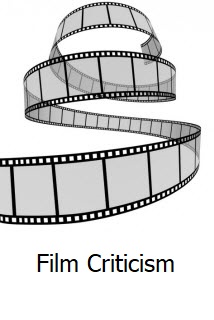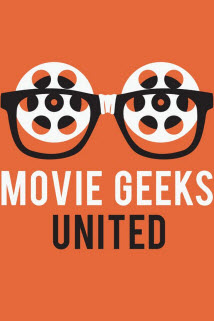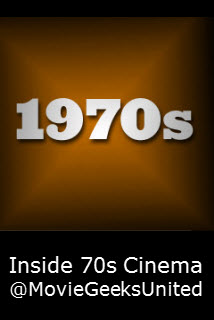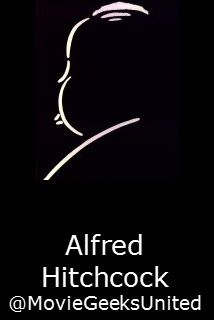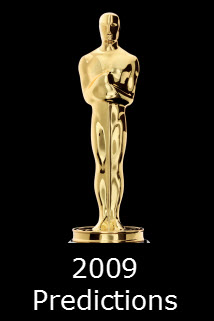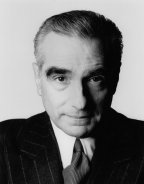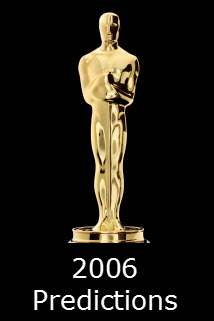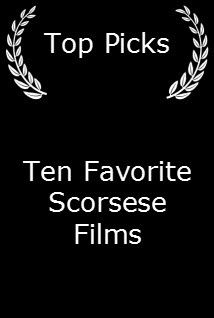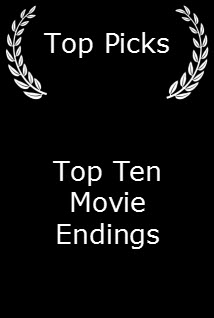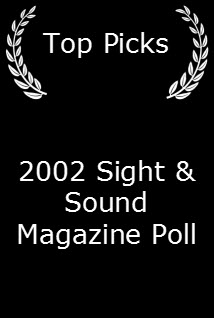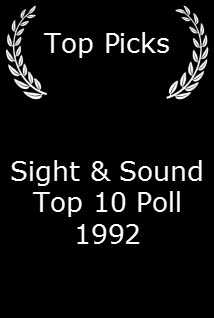Shutter Island (2010)


Content by Tony Macklin. Originally published on February 27, 2010 @ tonymacklin.net.
About halfway through writing a review of Shutter Island, I was caught by an undertow.
I originally thought that the movie was stylistic nonsense. But then I realized that beneath the nonsense were intriguing swirls and tides.
A critic has to be careful that he isn't Pavlovian -- that he doesn't jump to automatic, conditioned conclusions.
On the surface Shutter Island is somewhat disappointing. The final shot of The Departed (2006) -- Marty Scorsese's last film -- was of a rat scurrying across a railing. It seemed that rat may have bitten Marty before it left.
It appeared Scorsese might be inflicted with a rat fixation, and he was in a maze. In a major scene in Shutter Island, there's a CGI sequence of rats gone wild. And the hoary plot of Shutter Island is a muddle.
Had Marty lost his way? Had he just taken the easy way out and gone on a random trip into coy quasi-horror with Shutter Island? It was very difficult to imagine this heavy-breathing ordeal was directed by the same man who once directed Mean Streets (1973).
That past Scorsese made movies that vibrated with authenticity. He knew his movie styles and their history, and he was better than potboilers. But with Shutter Island it seemed he had made rat porridge.
Maybe he had changed his sights. Scorsese still might be traumatized from when Raging Bull (1980) -- a movie that was chosen by many critics as the best film of a decade -- lost to Ordinary People (1980), and he lost to Robert Redford as Best Director.
When Scorsese won his first Academy Award in 2006 for directing The Departed it may have confused his sensibilities. It is not among his best movies.
In his latter career, director Clint Eastwood has made his most meaningful films; in his latter career, Marty Scorsese has made his least meaningful.
What's one to make of Shutter Island?
Shutter Island begins in 1954 as Teddy Daniels (Leonardo DiCaprio), a U.S. Marshall --with his new partner Marshall Chuck Aule (Mark Ruffalo) -- goes by ferry to a remote Boston Island.
On the island is Ashecliffe Hospital, an ominous institution for the criminally insane, from which a female patient has escaped.
Terry refuses to be deterred from his mission on the rocky, isolated terrain. He has a passionate, desperate drive to find the truth.
Scorsese creates a sombre mood, with lightning flashing, and rain falling with hurricane force. In Shutter Island, rain, snow, ash, papers all fall helter skelter.
The structures on the island are forbidding and formidable, but the plot is not.
Even if you haven't read the book by Dennis Lehane [Laeta Kalogridis wrote the screenplay] you should be able to figure out the basic telegraphed plot. It leaves some viewers baffled -- tv host Regis Philbin was baffled, but he's often baffled.
Some of us aren't quite sure what attracts Scorsese to Leonardo DiCaprio -- Shutter Island is the fourth Scorsese film in which DiCaprio has starred. It may be his boyishness which allows the director leeway to focus on youthful vulnerability and vitality. DiCaprio is appropriately vulnerable and vital as Teddy Daniels.
Scorsese's credibility as a director still attracts a bevy of first-rate actors in Shutter Island. Mark Ruffalo is suitable as the loyal marshall. Ben Kingsley and Max von Sydow are doctors at the hospital. There's a memorable scene of these two inestimable actors having a drink before a roaring fire. It exudes personality.
One gifted actress who revives the movie when she appears is Patricia Clarkson as a patient, but it's too brief to keep the vitality intact. Emily Mortimer also has a brief appearance.
Jackie Earle Haley and Ted Levine both are zestful. Michelle Williams has a thankless role as Teddy's deceased wife who pops up in various visions.
One of the least effect techniques that Scorsese employs is the use of flashbacks and visions. They are as artificial and unconvincing as those in The Lovely Bones (2009). Artifice is part of the references that Scorsese makes to movies from the past -- e.g., Vertigo (1958), The Snake Pit (1948) -- but his use of artifice is more artificial than effective.
Also Scorsese's use of music by Krzystof Penderecki, et al. falters. It is creative but ponderous.
Just as I was about to declare that rats were fleeing a sinking movie, I realized that beneath the often-mediocre surface, there was an intriguing level of meaning.
Shutter Island has a ratty surface, but beneath it is an intriguing theme. Shutter Island is full of doppelgangers and dualities. There are two Rachels, two marshalls, two doctors, and multiple other dualities. What is real? What is good? What is evil?
Near the end, a character asks if it is better to be a live monster or a dead good person. It's too much of a throwaway question, but it makes literal that Scorsese is emphasizing momentous dualities.
This compelling theme gives significance to an otherwise rudderless movie.
Ultimately one has to realize that Scorsese is not just making a potboiler with some arcane references to past movies.
He's after a deeper catch.
He's casting his reel into the movie's subconscious.


